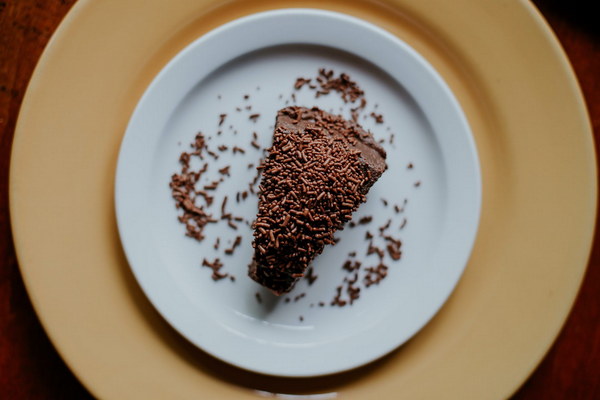The Dangers of Unregulated Herbs in Health Teas A Closer Look at the Risks of Adulteration
In recent years, the popularity of herbal teas has surged as more people seek natural remedies for various health concerns. However, the demand for these health teas has also led to a rise in the production of unregulated products. This article delves into the risks associated with the unauthorized addition of herbs to these health teas, shedding light on the potential dangers that consumers may face.
Introduction
Herbal teas have been a staple in traditional medicine for centuries, offering a natural way to improve health and wellness. However, the increasing number of unregulated products on the market has raised concerns about the safety and efficacy of these teas. One of the most significant risks associated with these unregulated health teas is the unauthorized addition of herbs, which can have serious consequences for consumers.
The Risks of Adulteration
1. Unintended Side Effects
When herbs are added to health teas without proper regulation, the resulting product may contain unexpected ingredients that could trigger adverse reactions in certain individuals. For example, a person with a specific allergy or health condition may experience severe side effects after consuming a tea that contains an unauthorized herb.
2. Poor Quality Ingredients
Unregulated producers may use low-quality or contaminated herbs to cut costs, leading to a subpar product that does not offer the intended health benefits. In some cases, the herbs may even be harmful to consumers, containing toxins or heavy metals that can cause serious health issues.
3. Lack of Efficacy
The unauthorized addition of herbs to health teas can lead to a lack of efficacy, as the intended benefits of the tea may be diluted or negated by the presence of unwanted ingredients. Consumers may spend money on these products, only to find that they do not provide the health benefits they were promised.

4. Mislabeling and False Advertising
Unregulated health teas often contain misleading labels and false advertising claims. Consumers may be led to believe that they are purchasing a product with specific health benefits, only to find that the actual ingredients differ significantly from what is listed on the label.
Regulatory Challenges
The challenge of regulating herbal teas lies in the fact that many herbs have not been thoroughly studied, and their interactions with other ingredients are not always fully understood. This makes it difficult for regulators to establish strict guidelines for the production and labeling of health teas.
Consumer Tips for Safe Tea Consumption
To minimize the risks associated with unregulated health teas, consumers should follow these tips:
1. Choose Reputable Brands: Purchase herbal teas from trusted brands that adhere to strict quality control measures.
2. Read Labels Carefully: Pay attention to the ingredients list and avoid products with vague or misleading labels.
3. Consult a Healthcare Professional: Before starting any new herbal regimen, consult with a healthcare provider to ensure that the ingredients are safe and appropriate for your specific health needs.
4. Research the Source: Learn about the source of the herbs and whether they come from a reputable supplier.
Conclusion
The unauthorized addition of herbs to health teas poses significant risks to consumers, including unintended side effects, poor quality ingredients, lack of efficacy, and false advertising. By being informed and cautious about the products they choose, consumers can minimize these risks and enjoy the benefits of herbal teas without compromising their health. Regulatory bodies must also work to establish clearer guidelines and oversight to protect consumers from the dangers of unregulated health teas.









